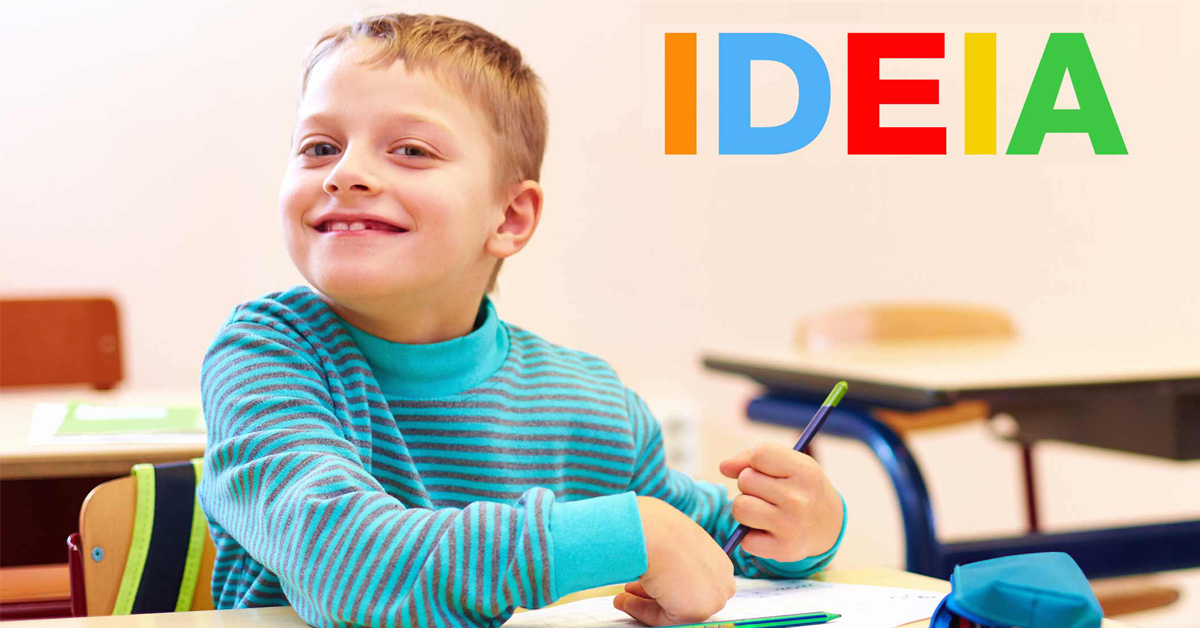Is Your Child’s Disability Adversely Affecting Educational Performance?
It can be confusing for parents to understand how their child’s disability may qualify them for services under the Individuals with Disabilities Education Improvement Act of 2004 (IDEIA), the country’s federal special education law that ensures public schools serve the educational needs of students with disabilities. Under the IDEIA, each state must ensure that a free, appropriate public education (FAPE) is available to any child with a disability who needs special education and related services.
Parents need to know that even if their child is passing his or her tests in school, and advancing from grade to grade, they still may be entitled to specialized services that can greatly help a child succeed. There are other important factors to consider in addition to a child’s grades.
To qualify for services under the IDEIA, your child’s disability must “adversely affect educational performance.” A student must also be “classified” under at least 1 of 14 eligible disabilities under the law in order to receive services. In order to be classified, the child must require specialized instruction or services, or modifications to the school environment that require ongoing support or monitoring.
Parents need to know that, in many instances, a student may be struggling with a so-called “hidden disability,” such as a learning disability, ADHD, or a language impairment. For example, a child who has a language impairment may be able to pass all of his or her classes and advance to each grade in spite of their speech-language impediment. That same child may still be eligible for special education services that could enhance their academic performance and positively impact their self-confidence.
Under special education law, a child’s “educational performance” means more than simply “academic” performance; academic performance is just one area to consider. Also relevant are a child’s health, social and emotional status, vision and hearing, motor skills, and communicative abilities. For this reason, your child’s school district must use an array of assessment tools and strategies, and not just a child’s report card, to gather functional, developmental, and academic information about the child’s performance.
A student’s performance in the classroom must be determined on a case-by-case basis, depending on the unique needs of the child. Factors which the law requires schools to consider, in addition to standardized scores, include functional performance and a child’s related developmental needs.


